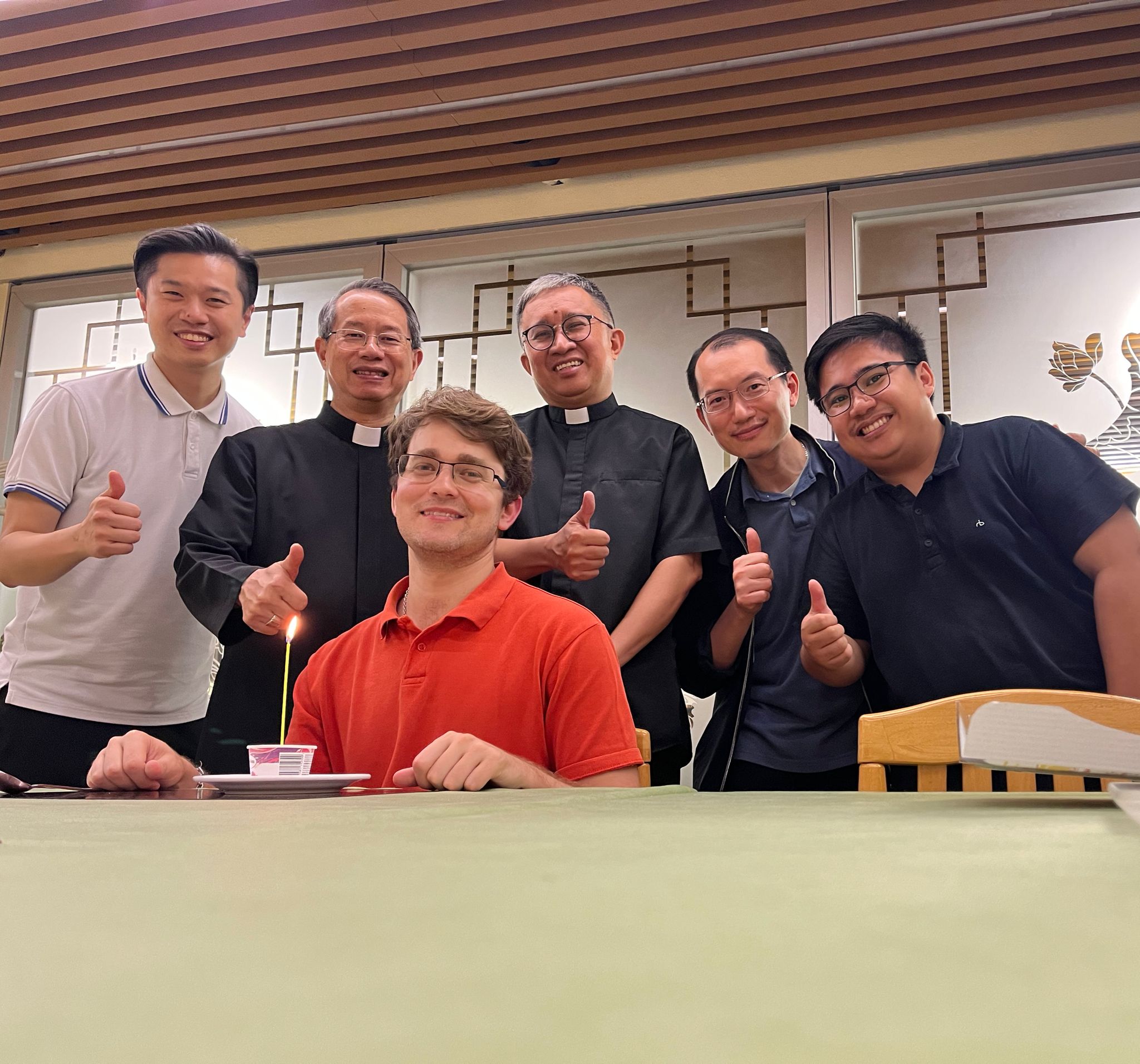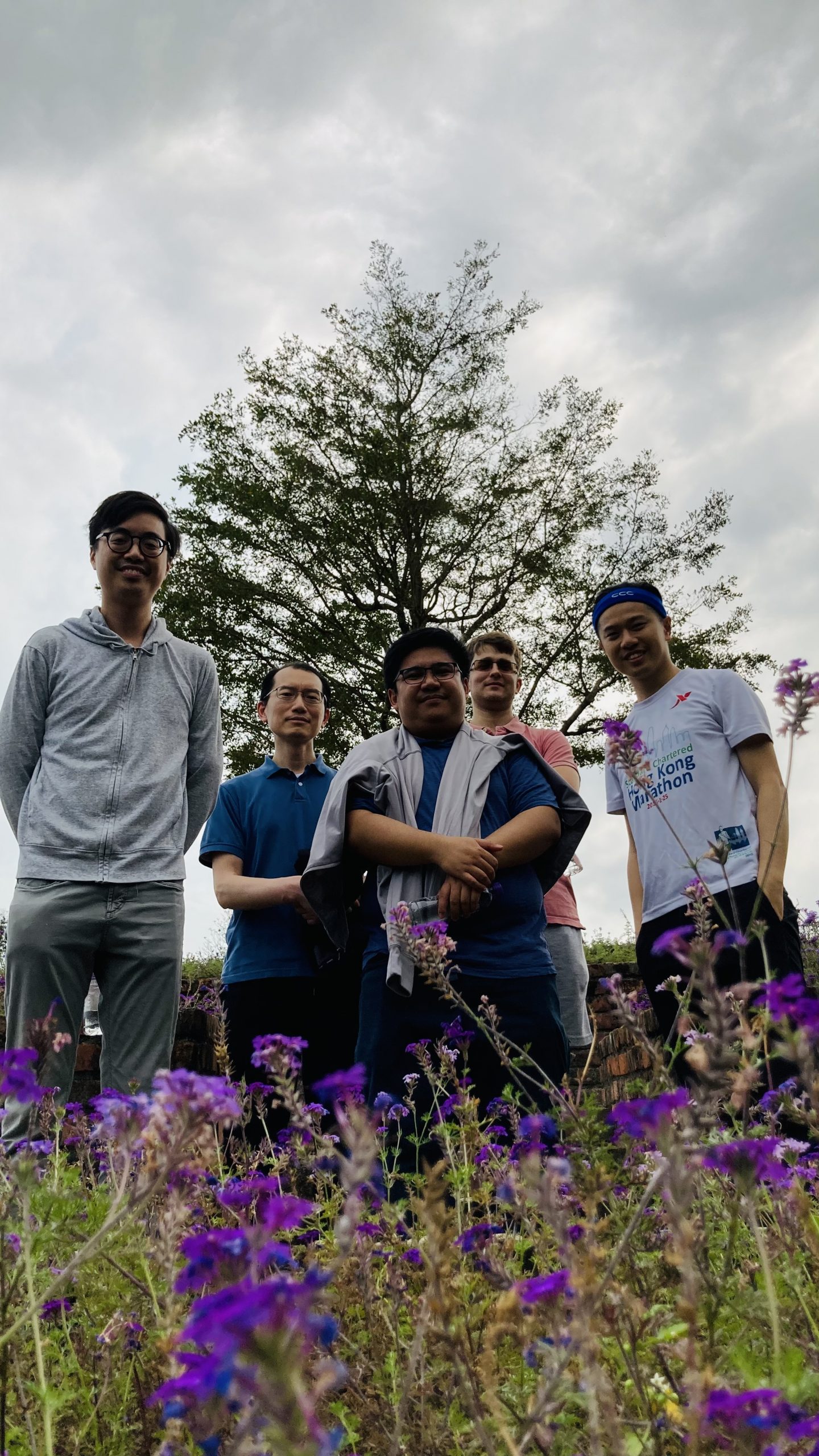What is life like as a seminarian?
Fr Leonard E Dollentas
Seminary life in the Catholic Church is a unique experience that involves rigorous academic study, spiritual formation, and communal living. For many young men who feel called to the priesthood, the seminary is a place where they can discern their vocation, deepen their faith, and prepare themselves for a life of service to the Church.
One of the most challenging aspects of seminary life is the formation process. Our diocesan seminarians preparing for ordination to serve in the Diocese of Macau undergo a process of spiritual, intellectual, and pastoral formation to prepare them for priestly ministry. The seminarians live together in a community, sharing meals, recreation time, and prayer.
This communal living helps our seminarians to develop strong bonds of friendship and support as they journey towards priesthood. It also provides opportunities for our seminarians to learn from one another and to grow in their understanding of different cultures and backgrounds. Their academic study includes courses in philosophy, theology, Scripture, Church history, and pastoral ministry. The academic program is designed to provide seminarians with a solid foundation in the Catholic faith and the skills they will need to serve as priests.
Added to their regular academic preparations which they take at the Faculty of Religious Studies and Philosophy (FRSP) at the University of St Joseph, they have regular spiritual directions and formation conferences with the seminary rector. Their formation process involves regular evaluations and assessments to ensure that they are making progress towards their goal of becoming a priest.
Our seminarians participate in spiritual activities which include daily Mass, Liturgy of the Hours, Eucharistic adoration, recollections and retreats, and spiritual direction. These activities are meant to help our seminarians grow in their personal relationship with God and to deepen their understanding of the Catholic faith and a life of holiness.
Seminarians must also undergo a period of pastoral experience and internship where they gain practical experience in a parish or other ministry setting. The diocesan seminarians of Macau do this by being involved in Sunday school at the cathedral and every Thursday in their after-lunch apostolate with the students at the Colégio Diocesano de São José. This apostolate allows the seminarians to put into practice the skills they have learned in the classroom and to work alongside experienced priests and ministers.
It’s true, seminary life is a challenging and rewarding experience for those who feel called to serve as priests in the Catholic Church. It requires a deep commitment to academic study, spiritual formation, and communal living. However, for those who persevere, it can be a transformative experience that prepares them for a lifetime of service to God and the Church.

The process of becoming a seminarian and preparing for the priesthood typically involves several stages of discernment, formation, and education. The exact process can vary depending on the diocese and the candidate’s individual circumstances, but the following is a general overview:
1. Discernment: The first step in becoming a diocesan priest is to discern whether one has a calling to the priesthood. This involves prayer, reflection, and guidance from a spiritual director or vocation director.
2. Application: Once a candidate has discerned a calling to the priesthood and determined that he meets the basic requirements, such as being a baptized and practicing Catholic male, he can apply to the diocese to begin the formal process.
3. Seminary Formation: If the diocese accepts the candidate, he will enter the seminary for several years of formation and education. This typically involves some years of studies in philosophy, followed by additional years of studies in theology. During this time, the candidate will also participate in spiritual exercises and pastoral experiences, as well as live in a community with other seminarians.
4. Candidacy and Discernment: After completing the seminary program, the candidate may be ordained a deacon and begin serving in a parish or other ministry within the diocese. This period of candidacy and discernment typically lasts for one to two years and allows the candidate to further discern his vocation and prepare for ordination to the priesthood.
5. Ordination: If the candidate successfully completes the candidacy period and is recommended by his seminary formators, he may be ordained to the priesthood. This usually involves a ceremony in which the bishop lays his hands on the candidate and invokes the Holy Spirit to confer the sacrament of Holy Orders.
The entire process of becoming a seminarian and later a diocesan priest can take anywhere from six to ten years, depending on the individual’s level of education, formation, and discernment. This includes the period of continuous and guided discernment after entering the seminary, the years of seminary formation, and the years of candidacy and discernment before ordination.
It is important to note that becoming a diocesan priest is a lifelong commitment to serving God and the Church. Once a man is ordained to the priesthood, he is expected to remain celibate, live a life of prayer and service, and be obedient to his bishop and the teachings of the Church. While the process of becoming a diocesan priest may be challenging, it is a rewarding and fulfilling vocation for those who are called to it.
(If you feel you are called to the diocesan priesthood and discerning to serve the Catholic Diocese of Macau, we can be of help. Contact us: stjosephseminarymacau@gmail.com Tel: 2856-3217, 2857-3718)


 Follow
Follow


